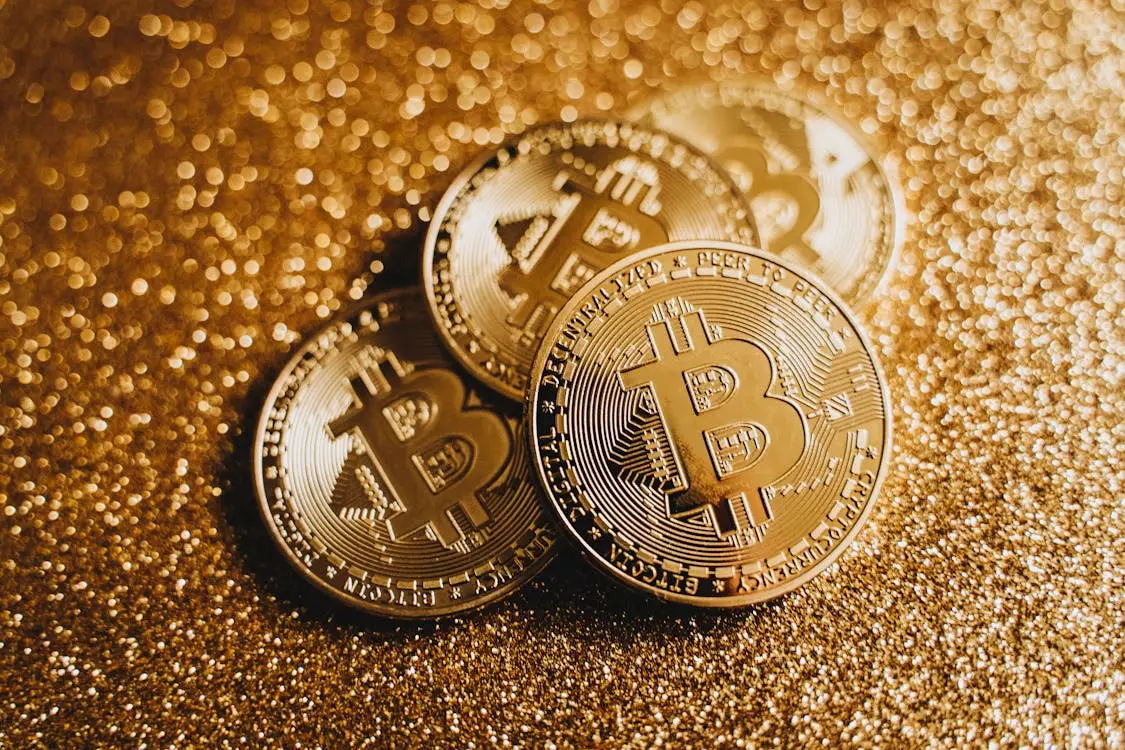In the ever-evolving landscape of global finance, the role of Bitcoin has sparked unprecedented discussions among economists, investors, and policymakers alike. Matthew Sigel, who leads Digital Assets Research at VanEck, recently weighed in on this debate, drawing parallels between Bitcoin and gold—an asset long regarded as a bedrock of global monetary systems. Sigel’s assertion that Bitcoin could solidify its place as a new monetary standard has ignited considerable controversy, particularly in light of growing dialogue regarding a potential US Strategic Bitcoin Reserve.
Sigel posits a bold vision where the United States government accumulates a strategic reserve of Bitcoin—estimated to be around 1 million BTC. This strategy echoes historical examples where nations stockpiled gold to enhance their economic standing. By positioning Bitcoin in a similar way, Sigel suggests that the US can spearhead a new financial paradigm, effectively leading the charge into a future where digital currency assumes a central role. The potential implications of this are enormous, as a significant Bitcoin reserve could redefine how money is perceived and utilized on a global scale.
The comparisons between Bitcoin and gold are not unfounded; both serve as potential stores of value. However, the unique attributes of Bitcoin set it apart. Unlike gold, which requires physical extraction and storage, Bitcoin exists purely in a digital format, allowing for instantaneous transactions and portability that gold cannot match. Furthermore, the immutable supply cap of 21 million coins instills a sense of scarcity that resonates with investors looking for hedges against inflation and economic instability. This characteristic positions Bitcoin as a viable alternative in times of economic turbulence.
While skeptics often highlight Bitcoin’s notorious price volatility, the recent political shifts in countries like El Salvador, which has embraced Bitcoin as legal tender, illustrate a growing trend among nations experimenting with digital currencies. Other governments are scrutinizing similar policies, indicating a worldwide momentum toward cryptocurrency adoption. This rapid transition suggests that Bitcoin may not merely be a speculative investment; it could become integrated into the fabric of everyday financial transactions in various economies.
Despite the enthusiastic adoption and speculative potential, Bitcoin still faces a substantial barrier to becoming a widely accepted medium of exchange. Critics frequently point to its volatility, which poses considerable risks for everyday transactions. The stability of gold as a reliable store of value contrasts sharply with Bitcoin’s price fluctuations, making it a less appealing option for those seeking security in their investments. Additionally, traditionalists argue that Bitcoin’s decentralized nature could complicate regulatory frameworks, further stalling its mainstream acceptance.
As discussions regarding Bitcoin as a potential global monetary standard intensify, the economic implications cannot be understated. Advocates like Sigel envision a digital economy that mirrors the functionality of historical monetary systems, wherein Bitcoin could fulfill roles traditionally held by gold. However, the path to this future remains complex, influenced by factors such as regulatory developments, technological innovations, and shifts in public perception.
The question remains whether Bitcoin will emerge as a legitimate rival to gold in the global marketplace or whether it will coexist as a complementary asset. As the financial world increasingly leans toward digital solutions, the dynamics between traditional assets like gold and emerging digital currencies like Bitcoin will likely shape the future of money. Investors, economists, and stakeholders must remain vigilant in tracking these developments, as the interplay between the two assets holds significant implications for the economic landscape of tomorrow. In a world marked by rapid change, the fate of money may well pivot on how these two financial titans evolve amid mounting global uncertainty and digital innovation.









